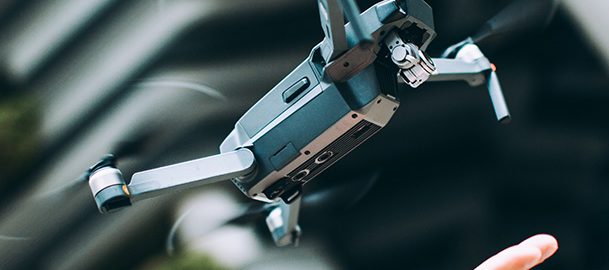
Despite all the excitement about smartphones and the euphoria over digitalisation, China still needs to catch up in matters relating to Industry 4.0. The local industrial managers are convinced that Industry 4.0 will noticeably change business models, product portfolios and R&D activities in China, too, and that it will, in doing so, promote economic success. However, the Chinese companies are still in the observation period. These are the key results of the current “China– Industry 4.0 Index” for which Staufen business consultancy has recently surveyed 100 industrial companies in China. The Chinese companies are still only at the beginning of the smart factory movement. Just one in ten firms has started to make the transition towards the web-based, real-time networking of objects, machines and people by way of operative projects. But the businesses are on the lookout. For 37 percent of them, the smart factory is in the observation and analysis phase and for a further nine percent, it is already in the planning and testing phase. Around a third of the Chinese companies has so far not dealt with Industry 4.0 in a concrete way, but this could soon change. “Smart production may be taken up by the companies very quickly because China would like to shake off its image as ‘the world’s workbench’ sooner rather than later,” says Martin Haas, member of the Staufen AG Executive Board. For this reason, the Chinese government this year announced the programme “Made in China 2025”. The aim of the ten-year plan is to bring China onto an equal footing with the Western industrial nations with respect to Industry 4.0 – with Germany acting as a shining example. Over the coming years the industry will thus face major changes in China: Around eight in ten companies are convinced that their business model and the composition of their workforce will change considerably in the next five years as a result of Industry 4.0. Roughly the same number expect economic success to follow from smart production as well as a shift in their research and development activities. And more than seven in ten companies anticipate a significant change in their product portfolio. “In order to make this vision a reality, Chinese companies will probably make greater use of Lean methods,” asserts China expert Haas. “As our study shows, the companies have recognised the connection between the Lean philosophy and Industry 4.0. Furthermore, at our four Chinese sites we are already registering a growing demand by companies who wish to prepare themselves for the digitalised future with efficient structures.”
Staufen has advised and provided support to industrial companies in China for ten years now and is represented by subsidiaries in Shanghai, Hong Kong, Beijing and Shenyang (www.staufen.cn). What began in 2005 with a small team of consultants and a handful of customers has now developed, with around 40 employees, into the largest foreign subsidiary of Staufen AG. “Many things changed at this time. The country is making quantum leaps and Industry 4.0 will only increase the rate of change in China,” says Haas, member of the Staufen Executive Board. “Over the past ten years, Staufen has advised hundreds of satisfied customers in China. We are proud of what we have achieved there so far and will work hard to ensure that Staufen’s success story in China continues in the next ten years.”
Staufen has advised and provided support to industrial companies in China for ten years now and is represented by subsidiaries in Shanghai, Hong Kong, Beijing and Shenyang (www.staufen.cn). What began in 2005 with a small team of consultants and a handful of customers has now developed, with around 40 employees, into the largest foreign subsidiary of Staufen AG. “Many things changed at this time. The country is making quantum leaps and Industry 4.0 will only increase the rate of change in China,” says Haas, member of the Staufen Executive Board. “Over the past ten years, Staufen has advised hundreds of satisfied customers in China. We are proud of what we have achieved there so far and will work hard to ensure that Staufen’s success story in China continues in the next ten years.”
